Legal practice in Ukraine is undergoing rapid transformations. Digitalization, judicial reforms, and the growing role of alternative dispute resolution are changing lawyers' approaches to work. In these conditions, how to maintain efficiency, build successful strategies in complex cases and what do young lawyers need for a career rise? We talk about this with Viktor SURNYK, managing partner of ALARIUS and head of the company's litigation practice.
— How would you describe the main trends in the field of judicial practice in recent years?
— In the conditions of martial law, justice in Ukraine has experienced many challenges. However, nothing prevented the development of judicial practice and the judicial process in general. In recent years, there are two main trends in the field of judicial practice, which I would highlight.
The first is digitization and the introduction of new technologies. The introduction of the “Electronic Court” system makes it possible to significantly speed up the submission or receipt of procedural and other documents, provides remote participation in the judicial process. Of course, despite the positive, the introduction of any digital technology poses a number of challenges. Due to a weak Internet signal or technical problems, sometimes the Electronic Court system may not download all applications (for example, to a lawsuit), and this may lead to the return of the claim. In addition, some courts have not yet established the operation of the Electronic Court system. But the very opportunity of a lawyer to participate in several court sessions in different parts of Ukraine in one day, while having all the documents of the case in electronic form, is a great progress and a positive decision.
The second trend is to improve access to justice. It is worth mentioning the introduction of alternative methods of dispute resolution, such as mediation, arbitration, which makes it possible to reduce the burden on the courts, shorten the duration of consideration of cases and in a short time protect their violated rights.
In my opinion, these trends are oriented towards the modernization and more effective performance of justice functions and indicate important progressive changes in the judicial system.
— How do judicial reforms affect the work of lawyers and the effectiveness of cases?
Reforms of the judicial system can both increase the efficiency of judicial proceedings, ensure greater transparency and accessibility of justice, and lead to the emergence of certain challenges for legal practice.
If we return to digitalization, the introduction of the “Electronic Court” system requires a lawyer to have the skills to work in specialized programs and technical training.
Reforms related to increasing the independence of judges may result in more informed and fair decisions, as well as attention to the lawyer's report or procedural documents that he submits, which creates new opportunities for lawyers to successfully defend clients' rights.
An important aspect of judicial reform is the impact on the outcome of the proceedings, in particular the introduction of changes such as reducing the time limit for the consideration of cases or the modernization of the process, which reduces the burden on judges and lawyers. As a result, cases are quickly considered and resolved, which is beneficial for all parties.
The introduction of new deadlines for consideration of cases or a change in the procedure for filing documents may force a lawyer to revise his client's defense strategy, to radically restructure it. And thanks to reforms aimed at increasing the professionalism of judges, we can expect more accurate and informed decisions. This can reduce the number of errors and, accordingly, reduce the need for revision of court decisions, which as a result increases the efficiency of the judicial system. In general, judicial reforms have the potential to significantly improve the quality and efficiency of justice, although it also requires lawyers to be willing to adapt to new conditions.
— What criteria do you follow when choosing a strategy in complex litigation?
— The main criterion is always the goals and interests of the client. First you need to determine the client's goal. This can be financial compensation, recognition of rights, prevention of violations, etc. Depending on the goal, the most effective strategy is chosen.
It is important to choose the right method of protection. Be sure to assess the possible risks and consequences of a particular dispute. This assessment covers the financial, reputational and legal consequences for the client, makes it possible to determine whether it makes sense to go to the end, whether it is possible to consider options for compromise, mediation.
And the third criterion, also very important in litigation, is the analysis of judicial practice. Evaluation of court decisions in similar disputes can affect the course of the case and the final outcome. This makes it possible to build a strategy that takes into account the current practice of the judicial authorities. Each of the listed criteria helps to form a strategy that will not only increase the chances of winning during the consideration of the case in court, but also protect the interests of the client at all stages of the process.
— What categories of cases are the most popular in your practice right now?
— Today, the most in demand are cases related to the resolution of investment disputes and disputes regarding the recovery of funds under contracts. In particular, in investment disputes, interesting judicial practice is currently being formed regarding the recognition of transactions as invalid. There is also current judicial practice on the recovery of funds from a corporate investment fund under an investment agreement in relation to the powers of the asset management company and on what document should be guided by the CUA when concluding contracts with a corporate investment fund.
— What advice can you give to young lawyers who are just starting to work in the field of litigation?
— It is important for young lawyers who are just starting their career in the field of litigation to understand that this path requires both theoretical knowledge and practical experience. A good understanding of procedural codes is the basis for any litigation. Study in detail the procedure for filing claims, evidence, appeal processes and deadlines for filing a particular procedural document.
Internships or work in law firms or judicial institutions will give you an understanding of real cases and help you find your specialization. Participate in court hearings as free listeners. Even with extensive practical experience and a tight schedule of court sessions, I still practice the role of a free listener today. In general, I think: if your working time is expensive, this is not an excuse not to do things for free when you see the benefits to society and your own professional interest.
Analyze in detail the judicial practice of higher courts, track new trends that can be useful in your cases. Search and analysis of court decisions will help you determine the strategy and ways to resolve disputed issues. Constant development and training will also give results. It is necessary to update your knowledge, since legislation tends to change frequently.
Oratory is key in judicial speech. It is important to concisely and concisely state your arguments specified in the procedural documents and to interest the court not with the “water”, which is often filled with claims, rebuttals or objections, but with the essence. To achieve the best result, you need to understand what this or that composition of the court wants to hear. Also, oratory will be needed during negotiations.
An important aspect is punctuality. In fact, it is better to arrive at the court session in advance and calmly gather your thoughts, thus showing courtesy to the judge and the secretary. In the meeting, you need to thoroughly master the materials of the case and have a consistent confident position. Be set up to win.
The basis in the work of a lawyer, in my opinion, is passion for his work. A young lawyer who burns with jurisprudence is doomed to success.
Other news
More news

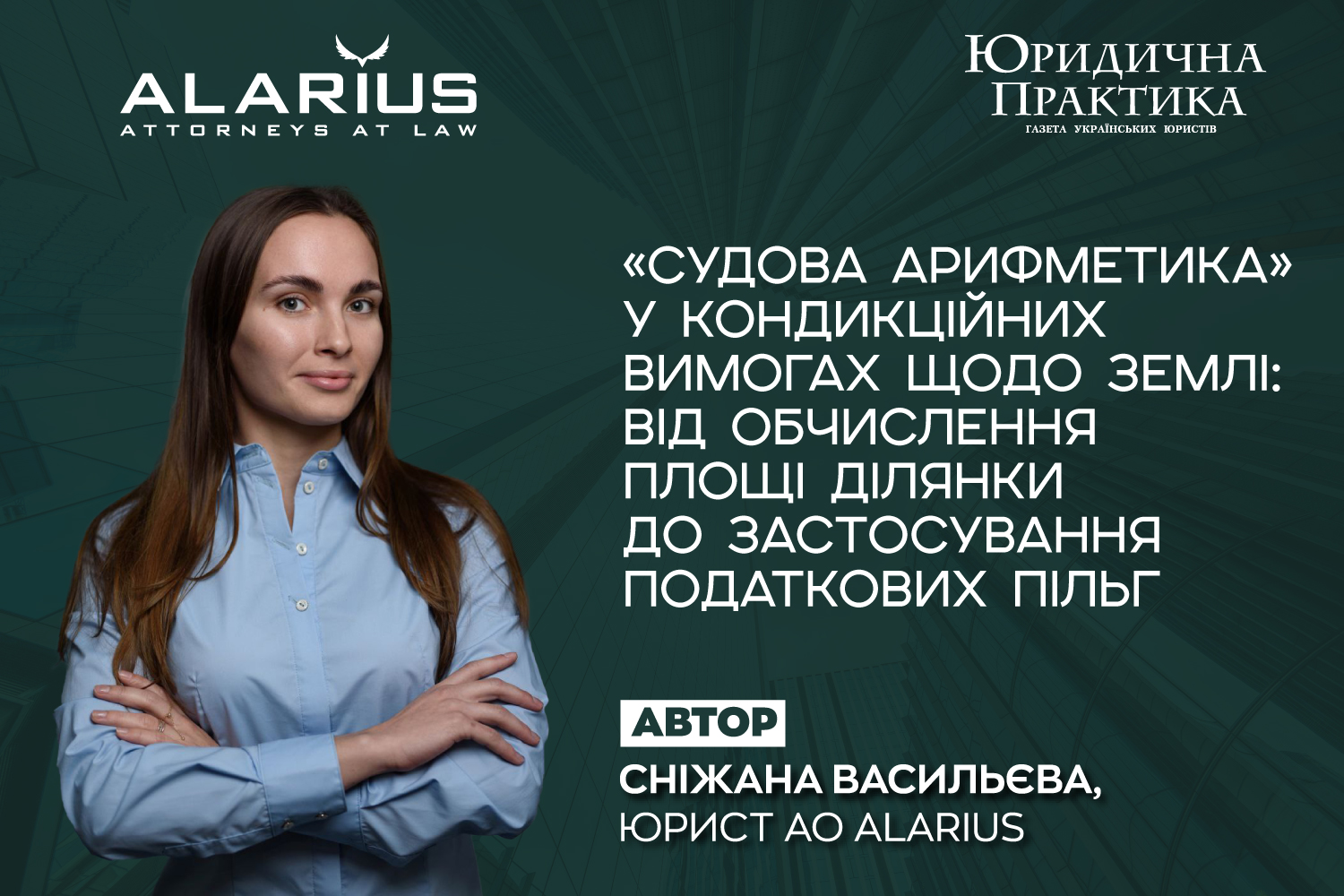
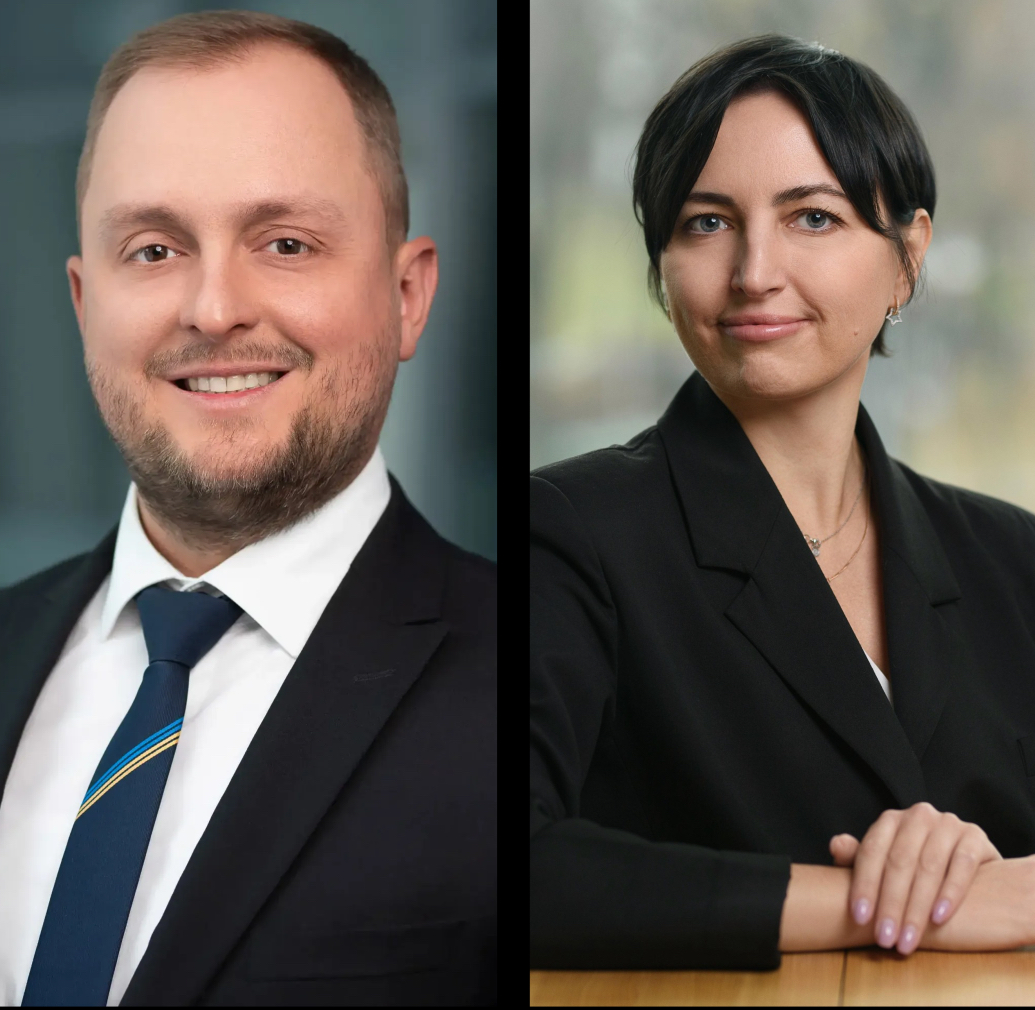





.jpg)


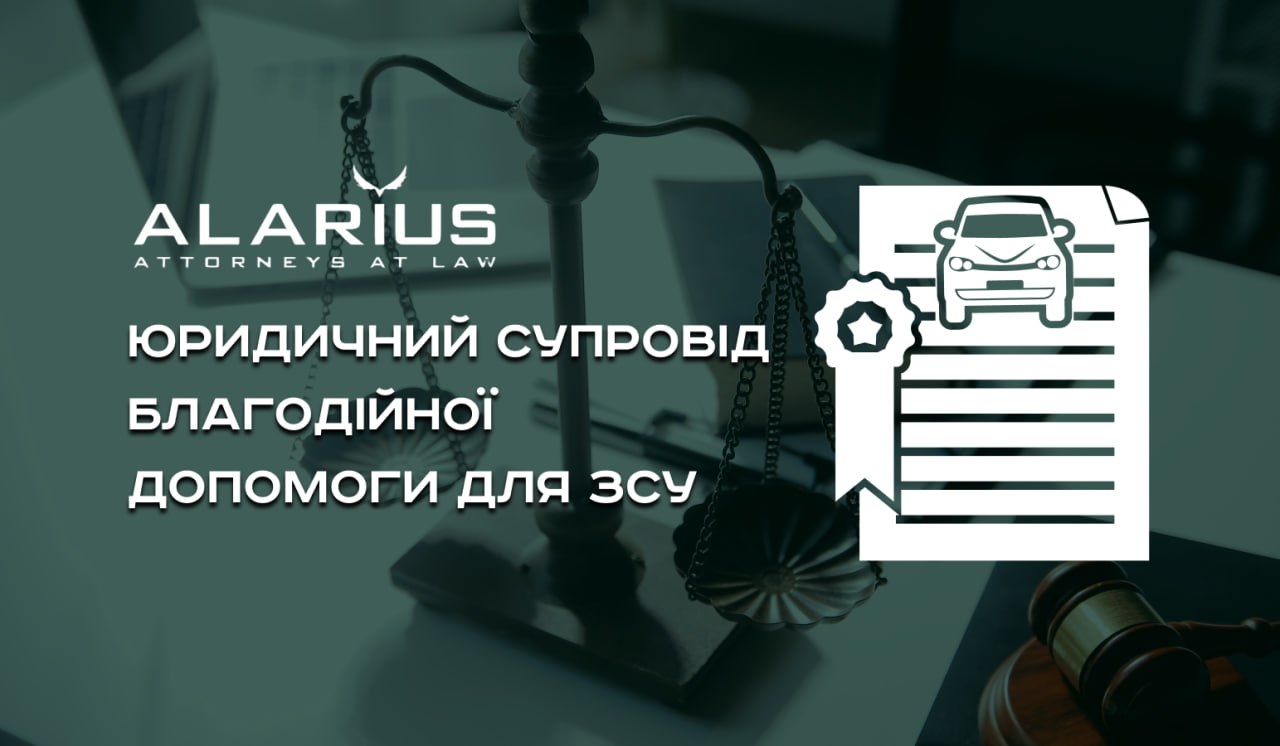

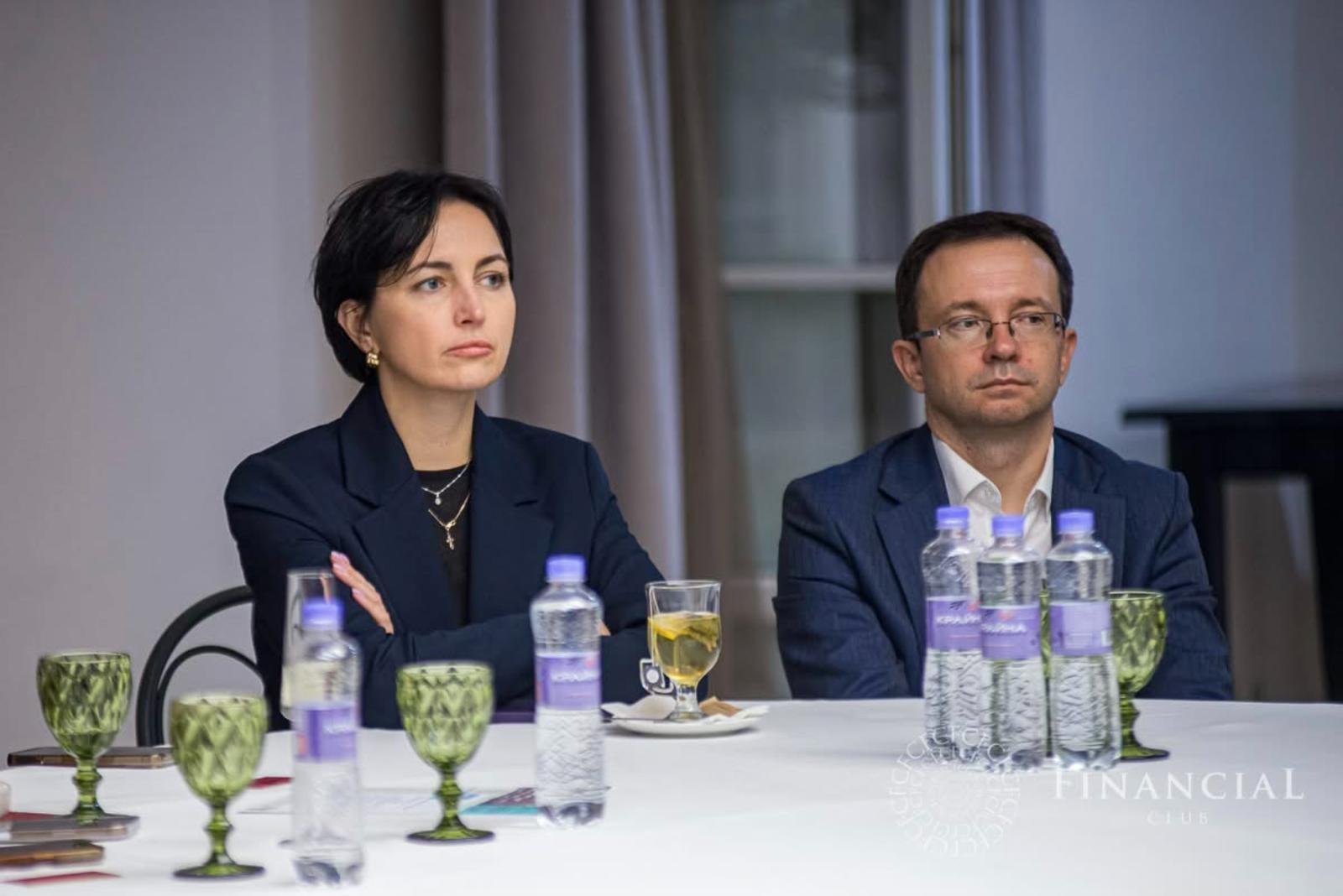
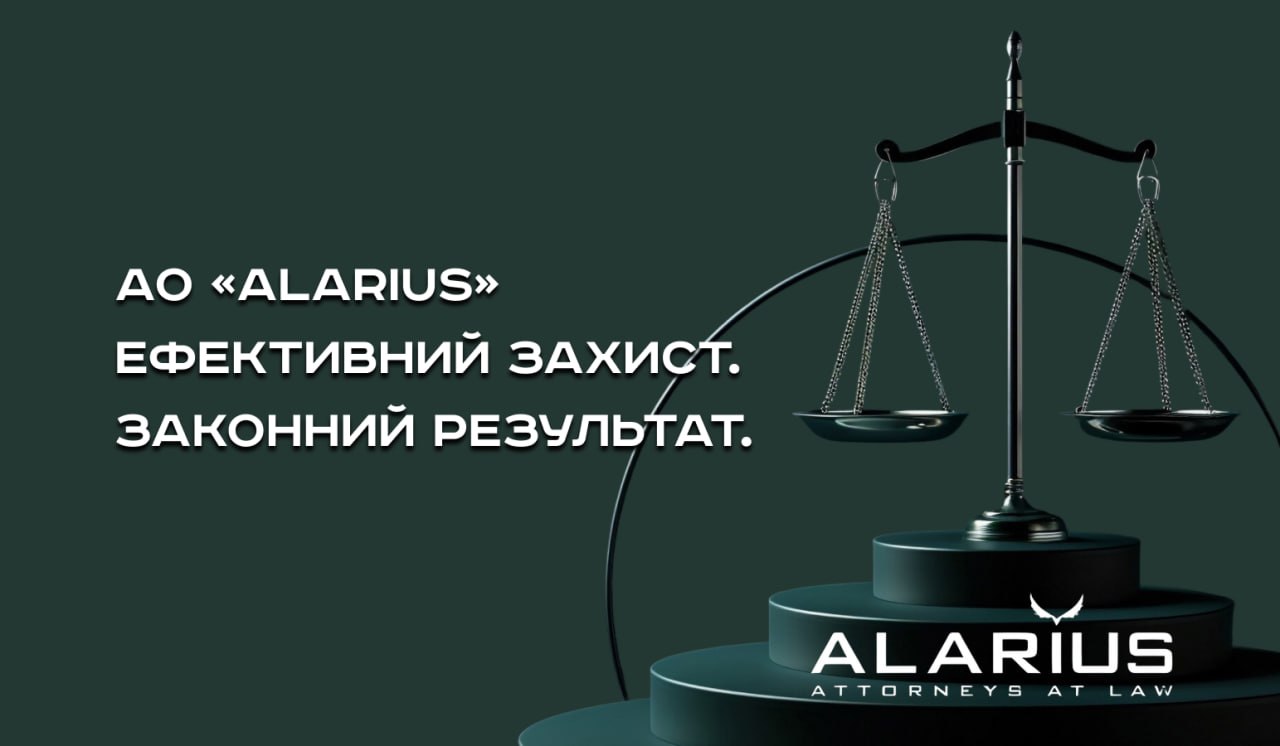

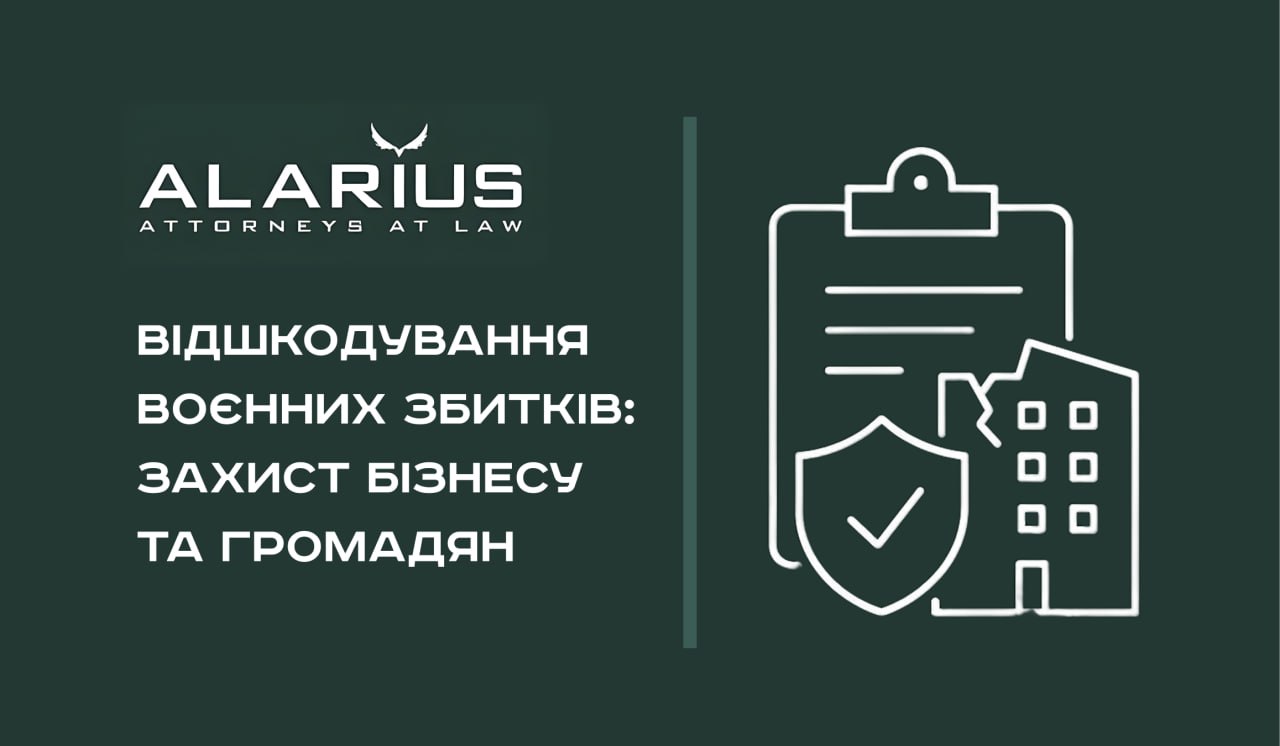

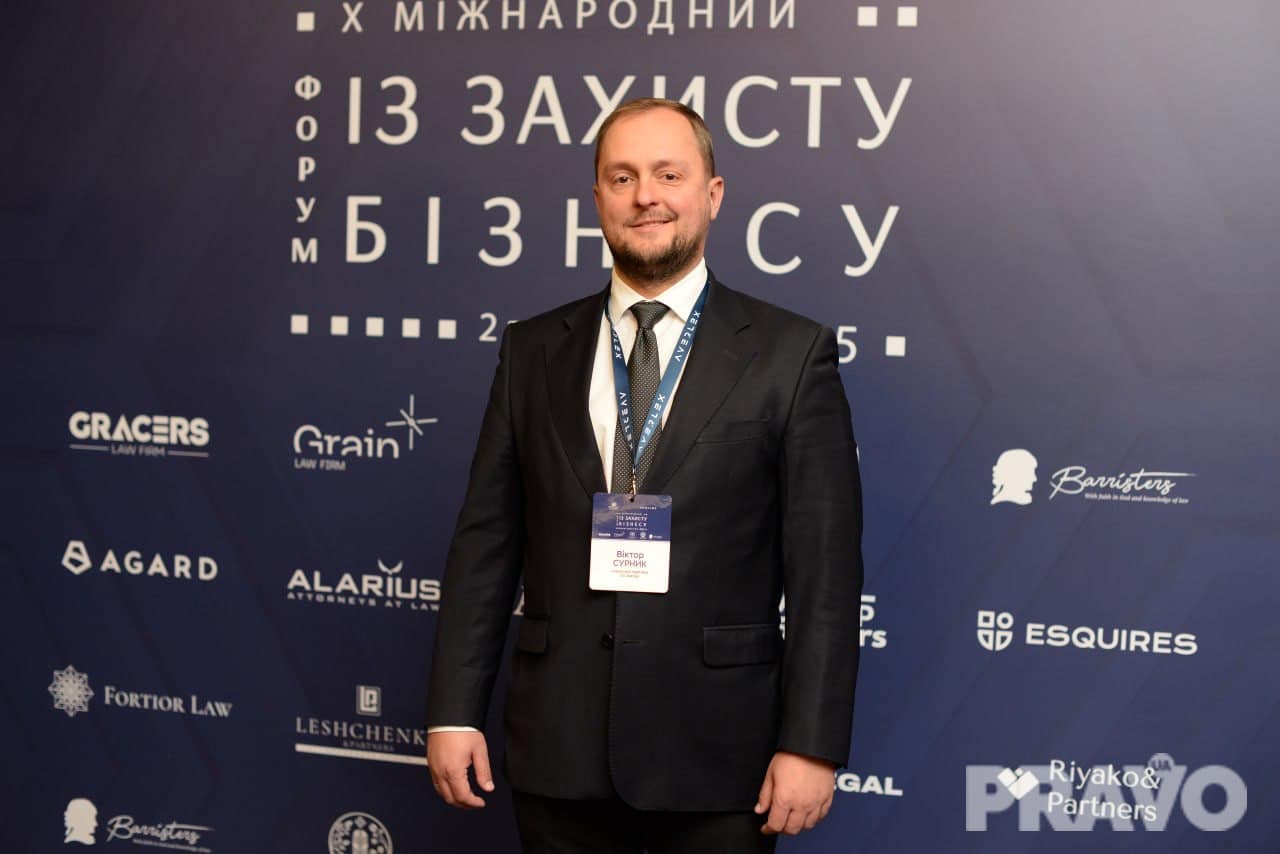
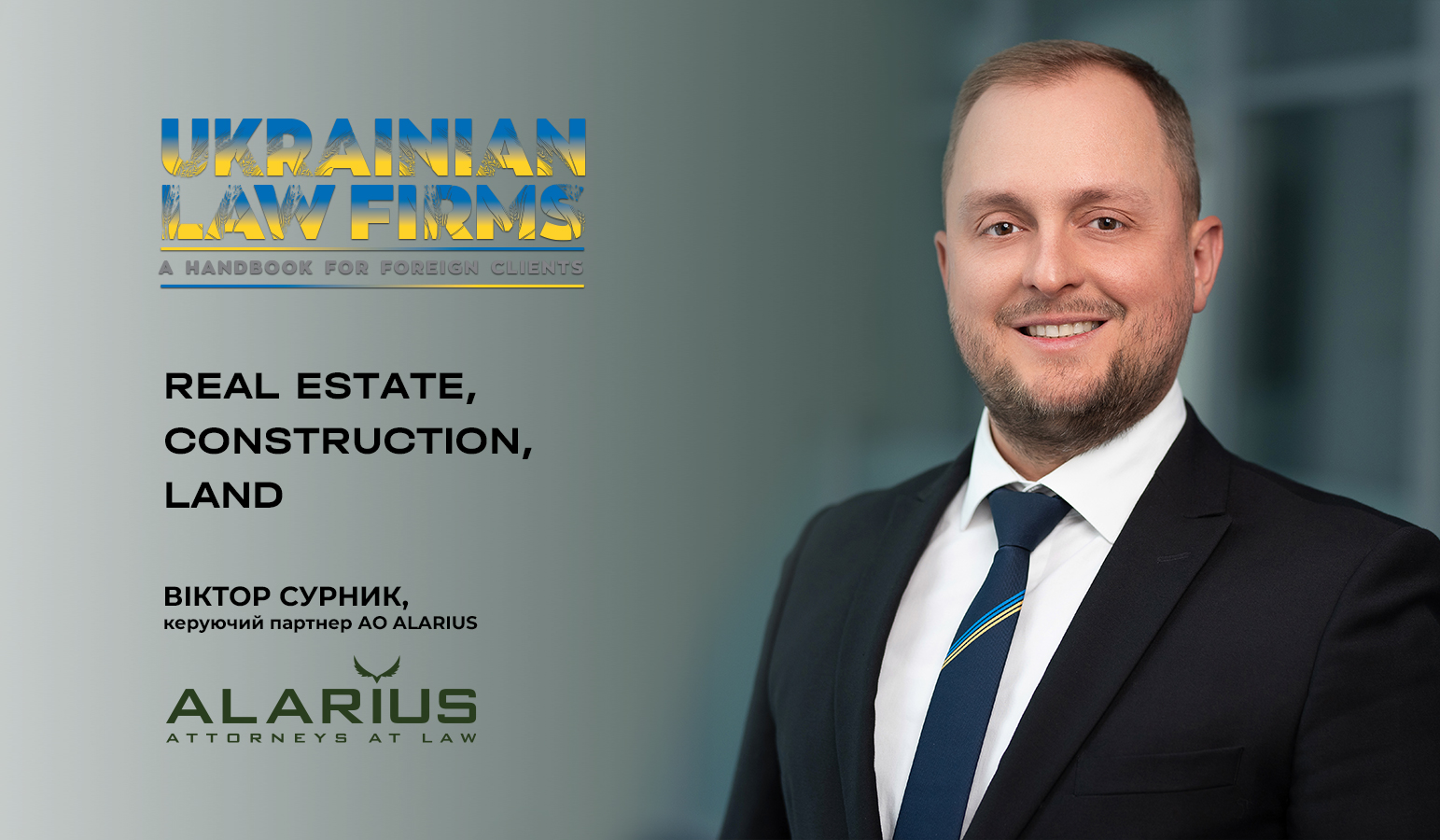
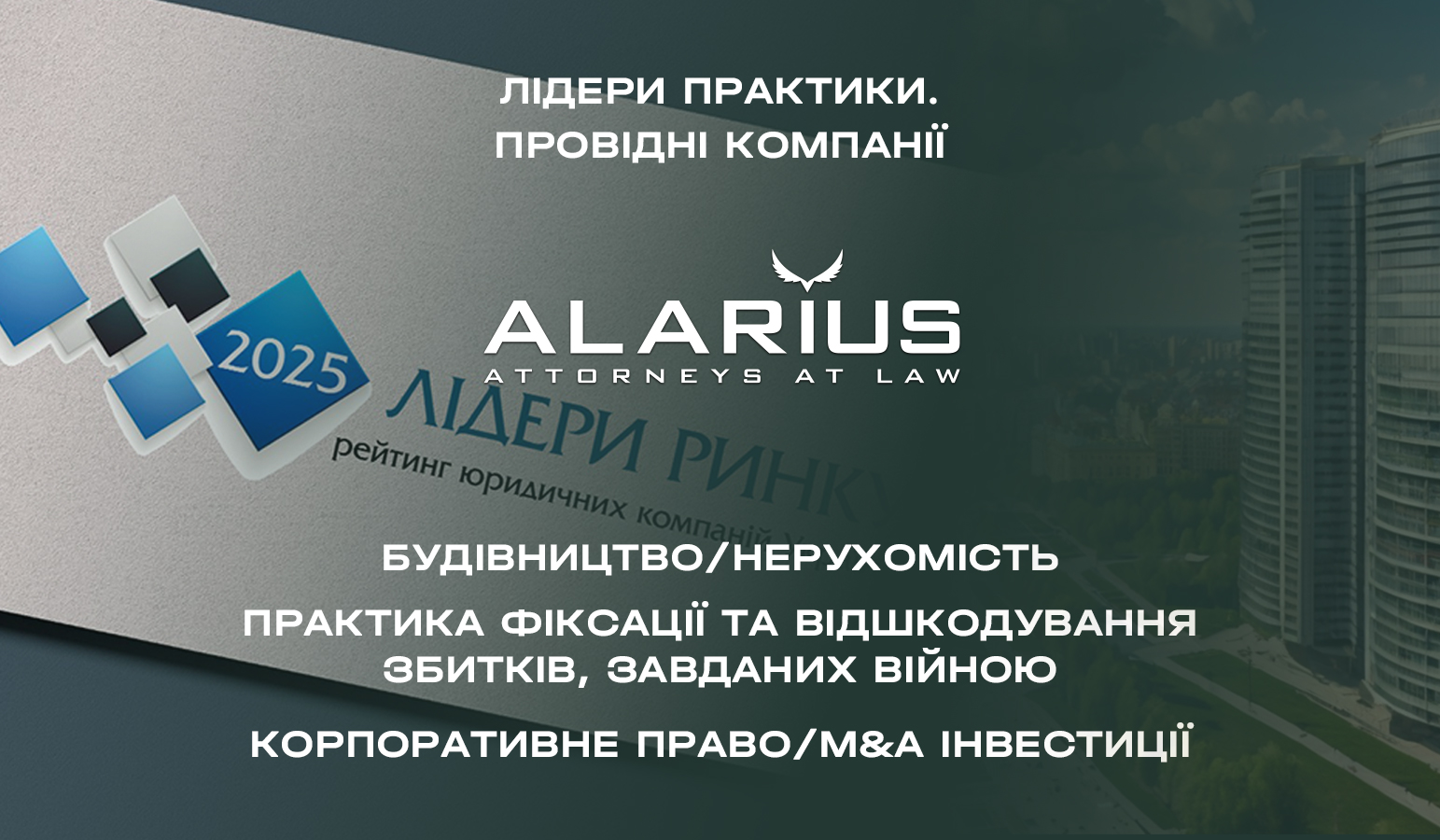










.jpg)




.svg)


.svg)
.svg)
.svg)




.svg)
.svg)
.svg)
.svg)

.svg)
.svg)

.svg)


.svg)
.svg)
.svg)

